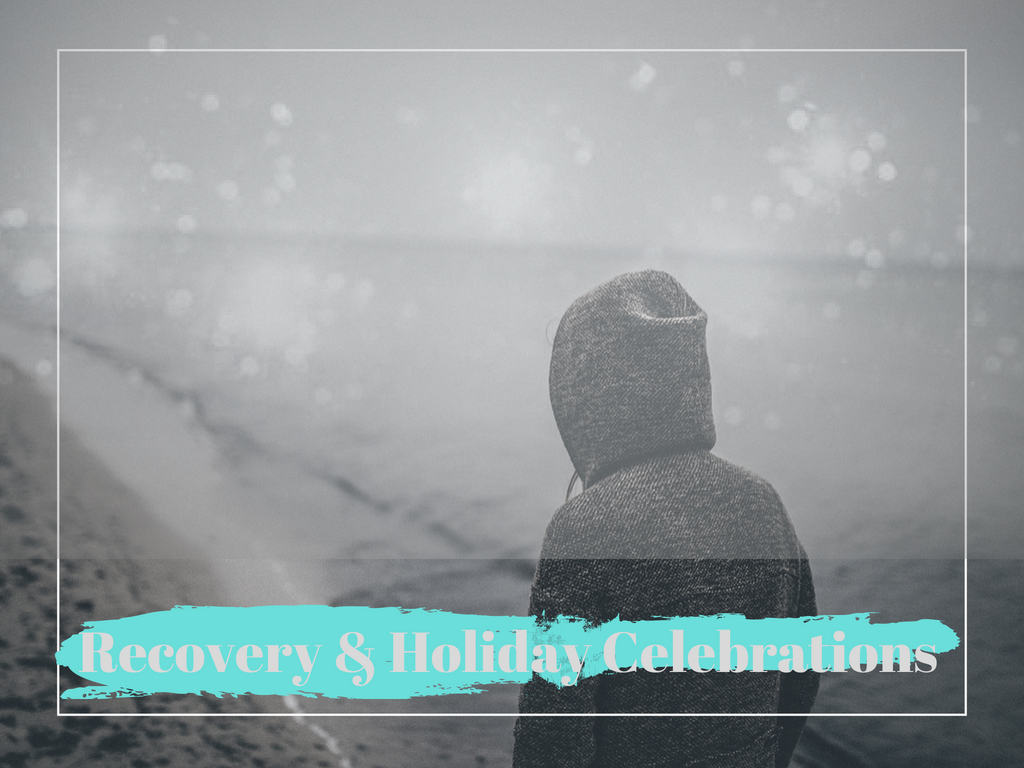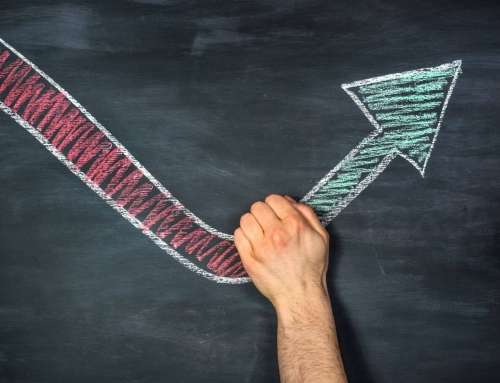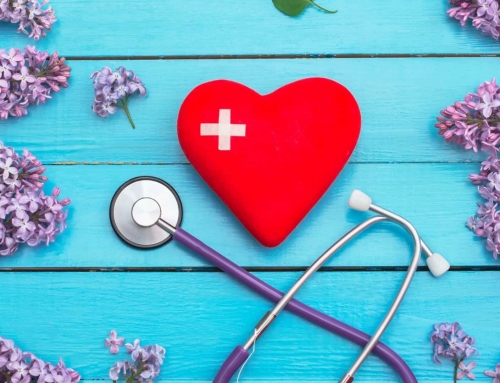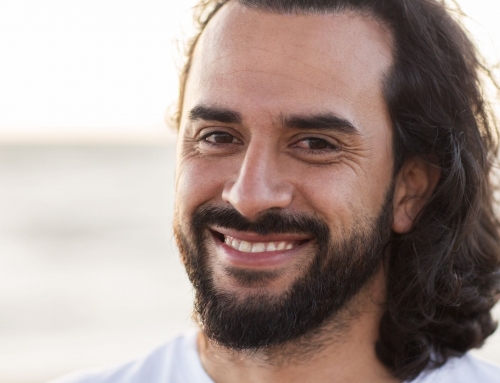Some people in recovery can feel like life becomes boring. Actually, it’s one of the biggest fears that people have when they consider giving up their addiction. Though most people in recovery quickly realize this thought process is just a myth, holidays and celebrations can become a very hard day to get through. Since it is the 4th of July, it is important to consider how celebration effects recovery. Check on your friend or loved one in recovery during these times. Opioid addiction is a specific addiction that becomes “easy to hide” according to experts.
It becomes hard for a person in recovery to celebrate without substances that alter the mind (also known as “things that help get the party started”). Most people in recovery are prepared to be tested during hard times, but everyone’s struggle is different.
People in recovery will never be able to celebrate the same way they once did. Addicts tend to use drugs and alcohol to celebrate and/or cope with things in life. Therefore, drug and alcohol abuse becomes a reward for most addicts. The reward process and mindset becomes deeply ingrained, which means it becomes hard to celebrate or cope without feeling the reward. Addicts have to learn a completely different way to process impulses, thoughts, feelings, and emotions during times of celebration.
Holidays can easily become triggers. People usually have traditions surrounding holidays and other celebratory occasions. People in sobriety are consistently working out different ways to, not only celebrate occasions with everyone else, but also how to reward themselves differently.
Things to Consider During Holidays
- Check on your sober friend. Some people in sobriety will avoid celebrations completely. They may choose not be tempted by the behaviors of others and/or the internal temptations. Just be considerate by offering extra encouragement or by letting them know you will support their journey – even during the celebratory event.
- Avoid a focus on alcohol for your event. Inviting your sober friends is a start, but keep in mind it is hard to feel like you stand out in social situations. People in recovery have a hard time attending events where alcohol is the main focus.
- Be extra cautious in case thoughts of relapse arise. It helps to just be considerate. You can check on your friends throughout the event and after the event – without making the addiction recovery a big, embarrassing focus. Find ways to do so authentically.
- Celebrate your friends in recovery. It is easy to fall into a pattern of just inviting the sober friends to your events and not attending and/or creating their celebratory events. Some people may feel that parties without alcohol or drugs can be boring, without realizing the support you are offering to a sober friend. There is actually no need to have alcohol at a party, but if you disagree, at least consider how showing up effects your sober friend. Offering consistent support, positivity, and reciprocity goes a long way – and it will have a lasting effect during the times that your sober friends/family are socializing with non-sober people at events or during holidays.








